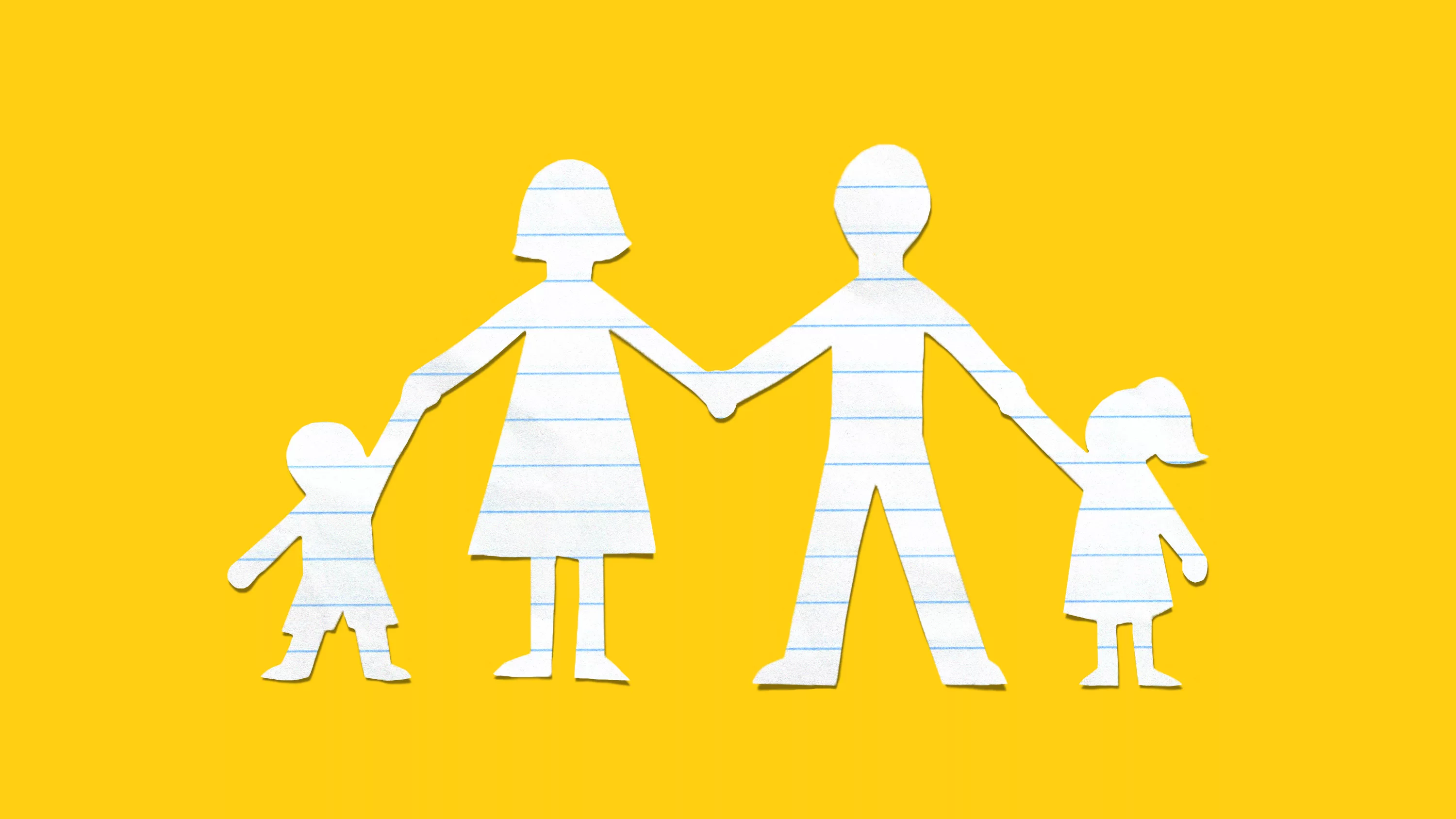
In a disintegrated, stressful culture, my family has found respite—and a strengthened faith—in learning together.
The modern life is remarkably compartmentalized. We are family members at home, but all our other roles take us elsewhere, and we must perform them only in strictly designated spaces.
Nowhere is this more obvious than in how we handle children and career. We live in a society that is family unfriendly and built on the religion of “workism,” which places work first and family a distant (and optional) second. These priorities require compartmentalization: Kids must go to designated places for kids so adults can go to designated places for work. The result is a grueling and isolating schedule for all, especially children.
A child who takes the bus to school might need to be up before 6 a.m. to be on time. A full day follows, ever more of it involving screens. After school, extracurricular activities can keep kids away from home until dinner—which family members may well eat apart—and after dinner comes homework. There’s little room for quality family time, certainly not during the week. The closest some families come is time spent in the car, rushing from school to activities to home, rinse and repeat.
For adults, of course, work happens at work, ideally a suitable commuting distance from home. Particularly for those with professional careers, work and home life can be so separate that our own spouses don’t know our “work selves,” as some couples suddenly realized in the early days of the pandemic. The growth of remote work has blurred this line, but, even there, our ideal is a dedicated home office with a closed door.
Such a neatly organized system sounds grand in theory—if you’re a robot. But this compartmentalization isn’t working very …

